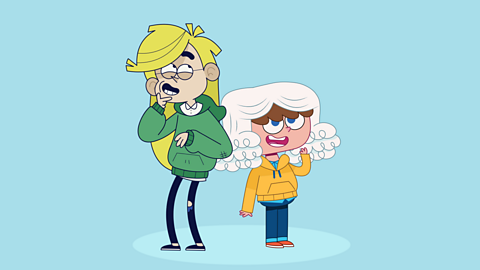Who was Mussorgsky?
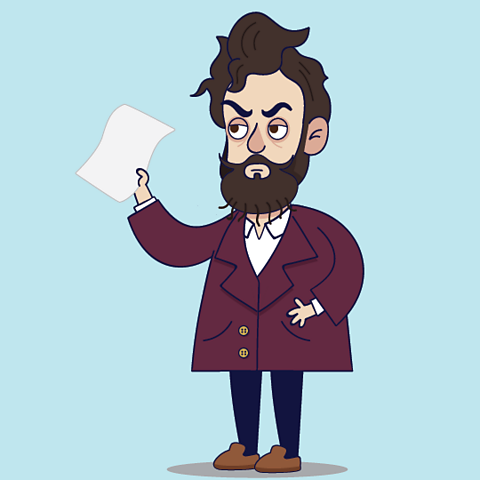
Modest Mussorgsky was a composerA person who writes music. from Russia. He was born in 1839 and died in 1881.
One of his most famous pieces is called 'Pictures at an Art Exhibition'. It's like a musical version of an art gallery, but instead of seeing pictures, you hear them as short pieces of music. The music even describes the movement of people from picture-to-picture.
Mussorgsky often composeTo write your own music. music by using traditional stories and folk tunes as a starting point.
His famous piece 'A Night on the Bare Mountain' was composed like this.

What is 'A Night on the Bare Mountain' about?
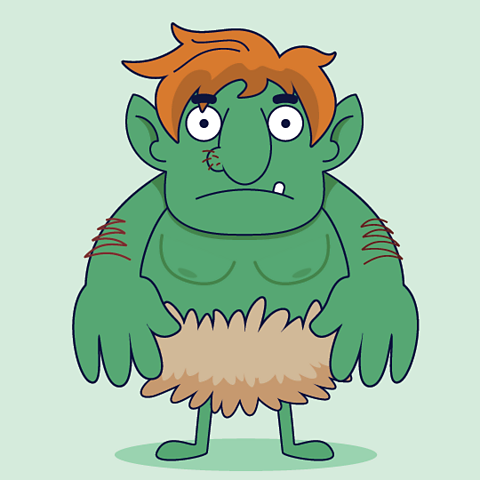
'A Night on the Bare Mountain' is a piece of music for an orchestraA large group of string, wind, brass and percussion instruments that all play together..
It describes a short story about a place where lots of evil characters such as witches and trolls come out to play.
It's a wild and scary party with lots of dancing. Then, when the church bells ring at sunrise, the witches and trolls all vanish.
Watch: A Night on the Bare Mountain by Modest Mussorgsky
Listen carefully to the orchestra performing 'A Night on the Bare Mountain'. Think about how you feel as they play.
Watch the Â鶹ԼĹÄ National Orchestra of Wales perform Mussorgsky's 'A Night on the Bare Mountain'. This performance is part of Ten Pieces
You can learn more about Modest Mussorgsky and 'A Night on the Bare Mountain' with Ten Pieces.
Activities
Listening challenge
Listen carefully again to the orchestra playing 'A Night on the Bare Mountain'. Can you answer these questions?
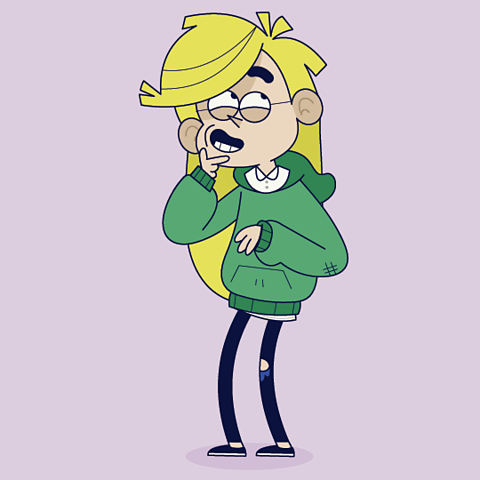
- How does the music make you feel?
- What instruments can you hear at the start of the piece?
- Can you spot when the party stops and the sun rises in the music?
- How has Mussorgsky done this in the music?
- For an extra challenge, can you describe how Mussorgsky creates a sense of fear in his music? Think about dynamics, tempo, rhythm and pitch to answer this question.

Quiz
Bitesize Primary games. gameBitesize Primary games
Play fun and educational primary games in science, maths, English, history, geography, art, computing and modern languages.

More on Listening
Find out more by working through a topic
- count5 of 5

- count1 of 5
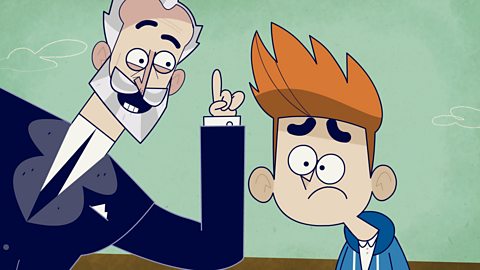
- count2 of 5
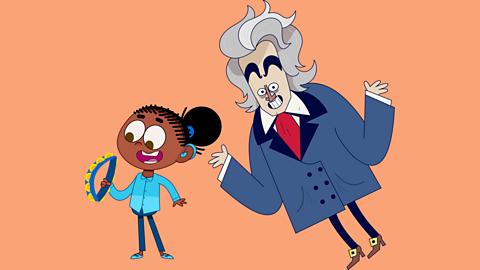
- count3 of 5
